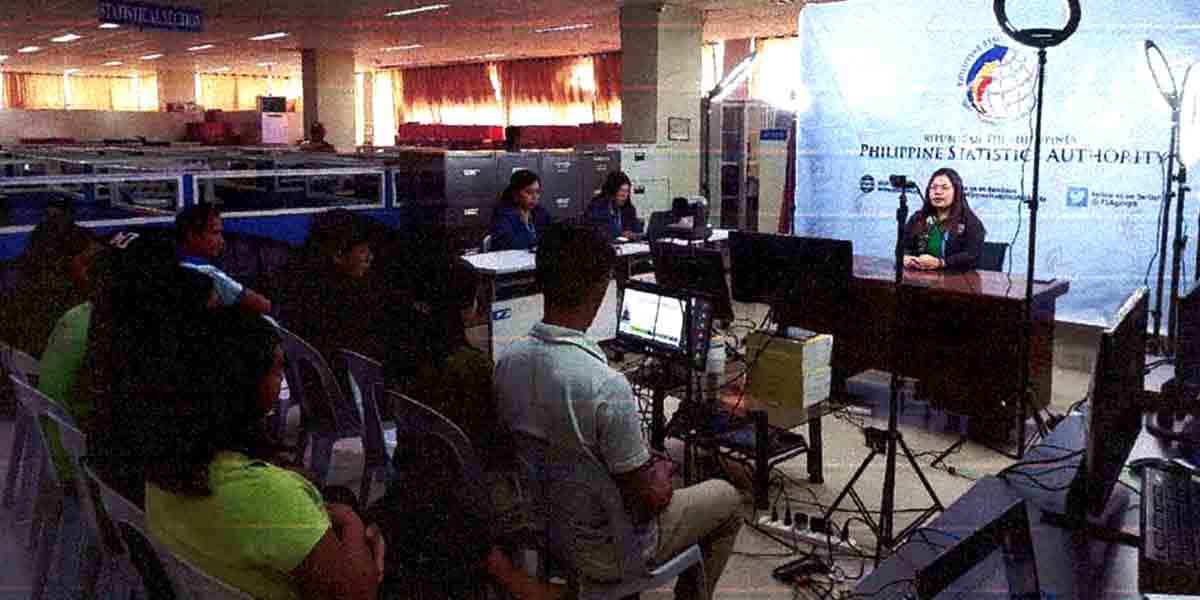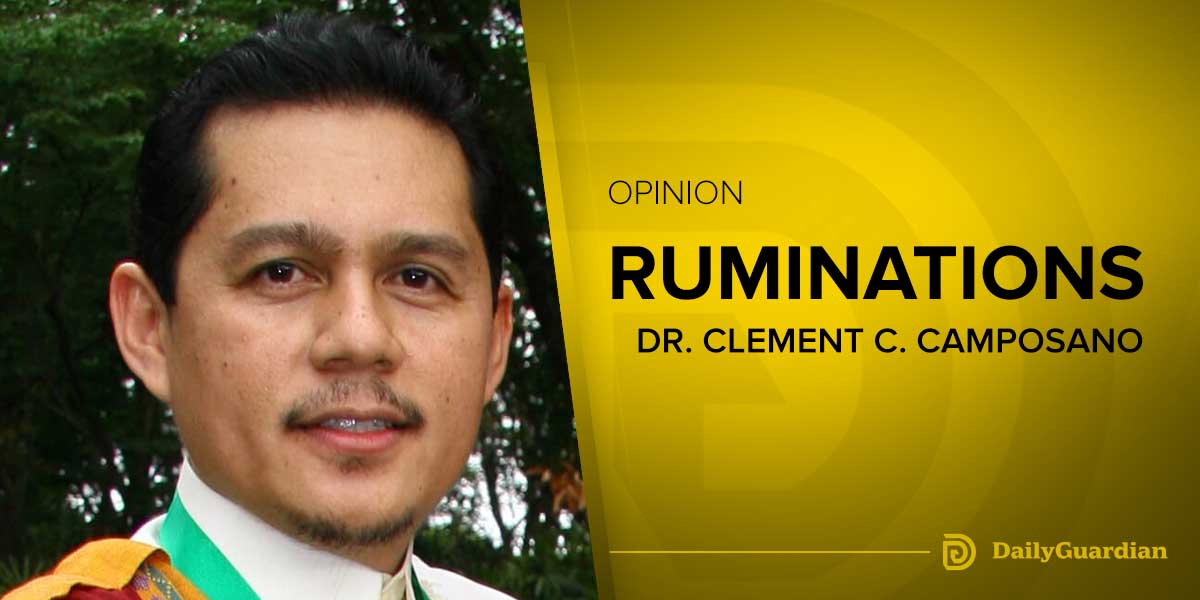By Francis Allan L. Angelo
In a time when public trust in law enforcement is critically examined, the news of police officers being deployed as personal bodyguards for children of ranking officers or as caretakers for their pets strikes a discordant note with the fundamental purpose of a police force.
It is pivotal to emphasize that the primary duty of a police officer is to serve the public, not to fulfill personal tasks for high-ranking officials, even within their own force.
Indeed, it is awkward, if not a flagrant display of insecurity, for police officials to deploy officers as bodyguards for their kin. It signals a troubling paradox that these officials, designated as peacekeepers, cannot maintain peace within their own communities.
It hints at an erosion of their role as unbiased enforcers of the law and protectors of civil order. Such a deployment is not only unauthorized but also undermines the integrity of the police force.
Let’s consider the message it sends when an officer, trained rigorously for public service, is seen escorting children to school or looking after an official’s pet. It’s an affront to their extensive training and the very fabric of the uniform they wear.
The government invests significant funds in training police officers to equip them to serve the community, not to be reduced to performing household tasks.
Moreover, such practices open the Pandora’s box of preferential treatment and misuse of government resources. It’s essential to remember that every officer tasked with such menial jobs is one less officer on the streets, protecting citizens and upholding the law. This not only puts public safety at risk but also contributes to a wasteful expenditure of the funds allocated for maintaining law and order.
We can tolerate a public official billeting his or her entire family inside the camp quarters if it is permitted by law and morals. But we cannot countenance the image of a police officer taking a superior’s pet for a walk, or cleaning after the animal or feeding them three or more square meals a day. We were told that this was the case in the Iloilo Police Provincial Office, but we will let the Police Regional Office-6 handle this case.
Law enforcement officers pledge to serve and protect the community. When they are diverted from this noble pursuit to serve the personal needs of their superiors, it represents a fundamental betrayal of their oath. It’s not just about the dignity of the police uniform but also about respecting the public trust, which is the bedrock of effective policing.
Brigadier General Jack Wanky, the police chief of Western Visayas, has made it clear that such misuse of police personnel won’t be tolerated under his command—a stance that is not only commendable but necessary.
As General Wanky rightly points out, the Police Security and Protection Group (PSPG) is the only entity within the force authorized to grant security details. Even then, such an assignment is subject to stringent requirements, ensuring that any such deployment is essential and justified. Every officer assigned to a private detail is one less officer patrolling our neighborhoods, responding to emergencies, and deterring crime.
Furthermore, the law is unequivocal in prohibiting police officers from being conscripted into performing household jobs for their superiors. Such actions not only demean the officer’s role but are also an illegal use of public funds. Each officer’s time is paid for by the taxpayer’s money, and every minute spent away from their duties is a minute stolen from the public.
The 85:15 ratio deployment policy proposed by Wanky is an effective step towards rectifying this misuse. By ensuring that most of the force is actively engaged in law enforcement, we optimize the utility of the force and respect the investment made in each officer’s training. Moreover, such a policy instills discipline and ensures that every officer knows their role is to serve the public good.
General Wanky’s commitment to impartiality, particularly with the election season looming, is a crucial stance. Police neutrality is non-negotiable, especially in times when the temptation to leverage official positions for personal or political gains is heightened.
This principle should echo throughout the halls of every police department: officers are to serve the public domain, not private interests.
As we progress, let this episode serve as a stark reminder that the law is to be upheld with unwavering dedication, and our police should exemplify this standard, not detract from it.




















